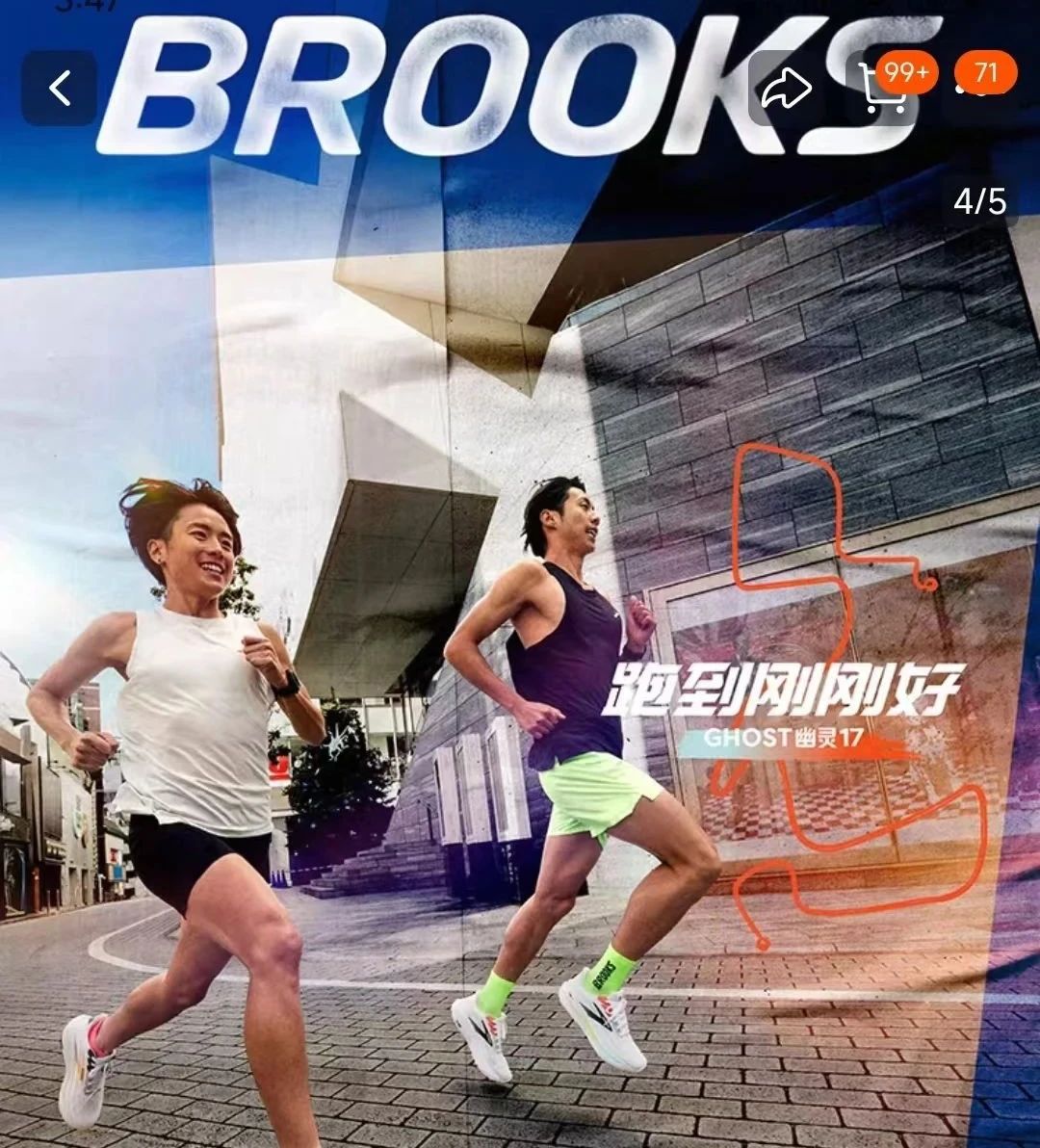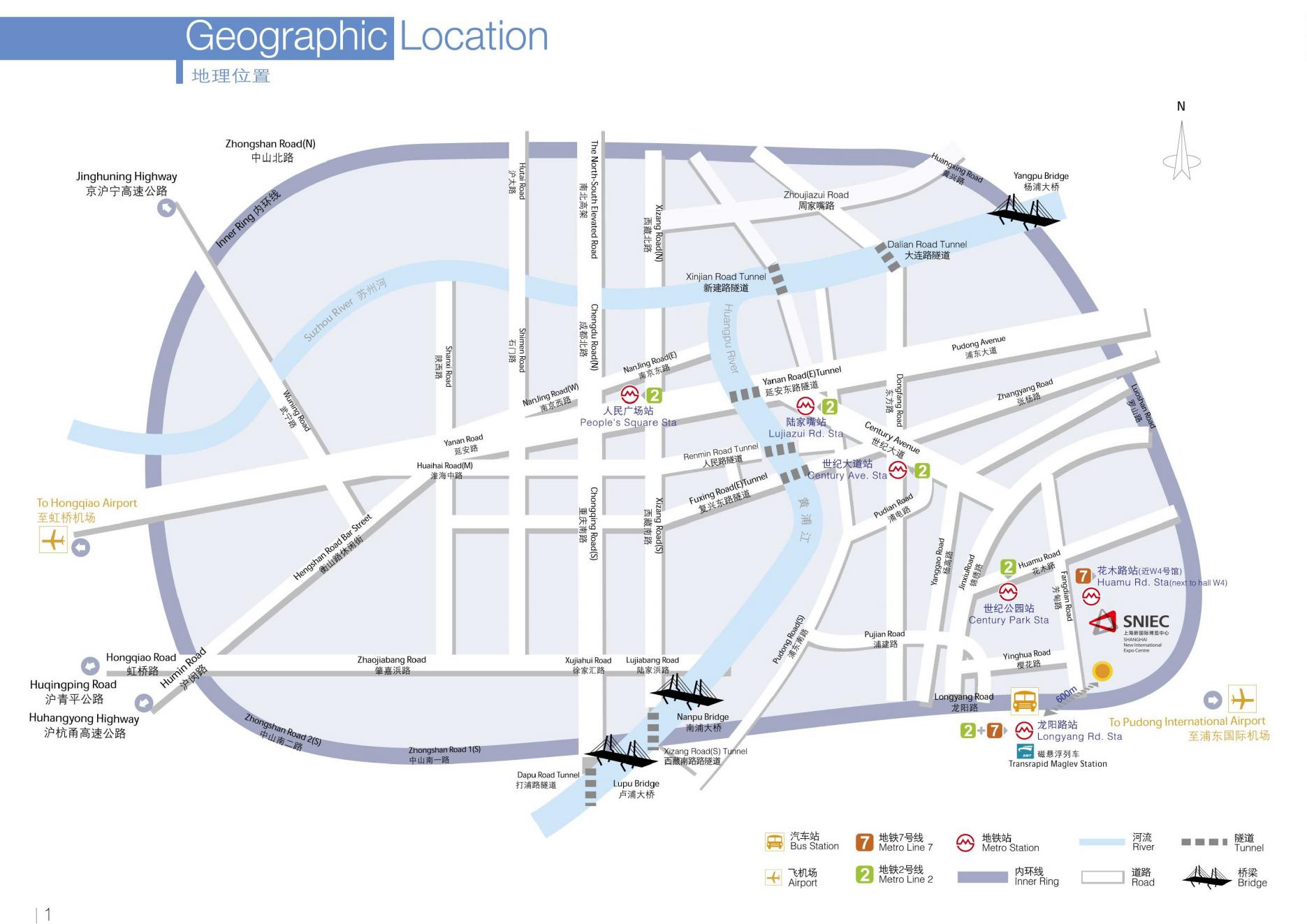Brooks is a well-known brand from the United States that focuses on running equipment. It is famous for its high-performance running shoes and running apparel. As one of the world's four major professional running shoe brands, Brooks has become a trusted choice for runners around the world with its deep technical accumulation and deep understanding of running.
In the US market, Brooks has long occupied a leading position, especially in the field of professional running shoes, where its market share and user reputation are among the best. Globally, Brooks has won a large number of loyal users with its comfort and durability. Brooks is positioned in the mid-to-high-end market, and its running shoes are usually priced between RMB 800 and RMB 2,000. Despite the relatively high price, Brooks still has a very high cost-effectiveness among professional runners with its professional performance and durability.
Introducing RFID to effectively enhance market competitiveness
In today's highly competitive retail market, how brands can maintain their leading position and meet the changing needs of consumers has become the focus of industry attention. Brooks has always been at the forefront of adopting innovative solutions and is committed to improving operational efficiency and customer experience through technology. In recent years, with the integration of advanced technologies, the retail industry is undergoing a profound change. Brooks keeps up with the times and cooperates with Sensormatic to introduce Audit Hub and RFID system to enhance the brand's market competitiveness.
Audit Hub, a software platform designed by Sensormatic, combined with the RFID system, provides Brooks with real-time and accurate inventory data. Through this system, Brooks can monitor inventory levels and movements in real time, and easily locate products to ensure that the right products are always on the shelves. This not only greatly improves the efficiency of inventory management, but also minimizes inventory discrepancies caused by manual errors.

The automatic reading function of RFID tags eliminates inconsistencies in traditional inventory management methods and produces accurate inventory records. This change not only simplifies processes such as inventory counting, replenishment and order fulfillment, but also enables employees to save time and energy and focus on customer service and other value-added activities. This not only improves employee job satisfaction and efficiency, but also provides consumers with a better service experience.
More importantly, the valuable data insights provided by Audit Hub enable Brooks to make smart decisions based on accurate data. Through in-depth analysis of inventory turnover, sales trends and customer preferences, Brooks is able to optimize operational strategies such as inventory optimization, sales forecasting and merchandising. This data-driven approach not only improves operational efficiency, but also enables Brooks to better meet consumer needs and enhance the brand's market competitiveness.
Since deploying Audit Hub and the RFID system, Brooks' operations have seen positive changes. Improved inventory accuracy ensures that customers can get the right products when they need them, reduces out-of-stock situations, and increases customer satisfaction and sales. The optimization of employee efficiency allows them to focus on customer service and other key tasks, further enhancing the brand image and market position.
Brooks' successful practice proves the transformative power of technology in the retail industry. By introducing Audit Hub and RFID systems, Brooks not only improved the efficiency and accuracy of inventory management, but also optimized operational efficiency, allowing employees to focus on customer service and other value-added activities, effectively improving Brooks' market competitiveness.
There are also these sports shoe brands using RFID
Sports shoe brands use RFID technology to improve supply chain and inventory management efficiency, enhance product anti-counterfeiting and traceability capabilities, optimize consumer experience, and promote digital transformation and innovation. In addition to Brooks, sports shoe brands using RFID technology include Nike, Adidas, Puma, Anta, Allbirds, etc. Specifically, RFID plays a role in the following aspects:
Improve supply chain and inventory management efficiency: RFID technology can achieve full-process tracking of goods from production to sales, reducing manual inventory errors. For example, Nike has increased its inventory management efficiency by 50% through RFID technology, and Puma has increased its inventory accuracy to 98% after deploying it in stores across the United States, with sales increasing by 2%.
Enhance product anti-counterfeiting and traceability capabilities: RFID tags can store data from the entire process of product production to sales, helping companies to accurately manage inventory and reduce the risk of out-of-stock or backlogs. For example, Nike uses RFID technology to equip each pair of shoes with a unique identification code, and consumers can verify the authenticity of the product through the APP to enhance consumer trust.
Optimize consumer experience: RFID technology can support intelligent interaction and fast checkout. For example, Adidas uses RFID technology in stores, which automatically displays detailed information (such as material, technology, and matching suggestions) when consumers pick up the goods, while supporting the rapid identification of batch goods and reducing queuing time.
Promote digital transformation and innovation: RFID technology provides data-driven decision support for brands. For example, Anta uses RFID technology to achieve comprehensive digitalization of production, warehousing, and logistics, and optimizes the collaborative efficiency of the supply chain. In addition, RFID can also be combined with smart running shoes to monitor sports data in real time and enhance user experience.
This paper is from Ulink Media, Shenzhen, China, the organizer of IOTE EXPO (IoT Expo in China)


















